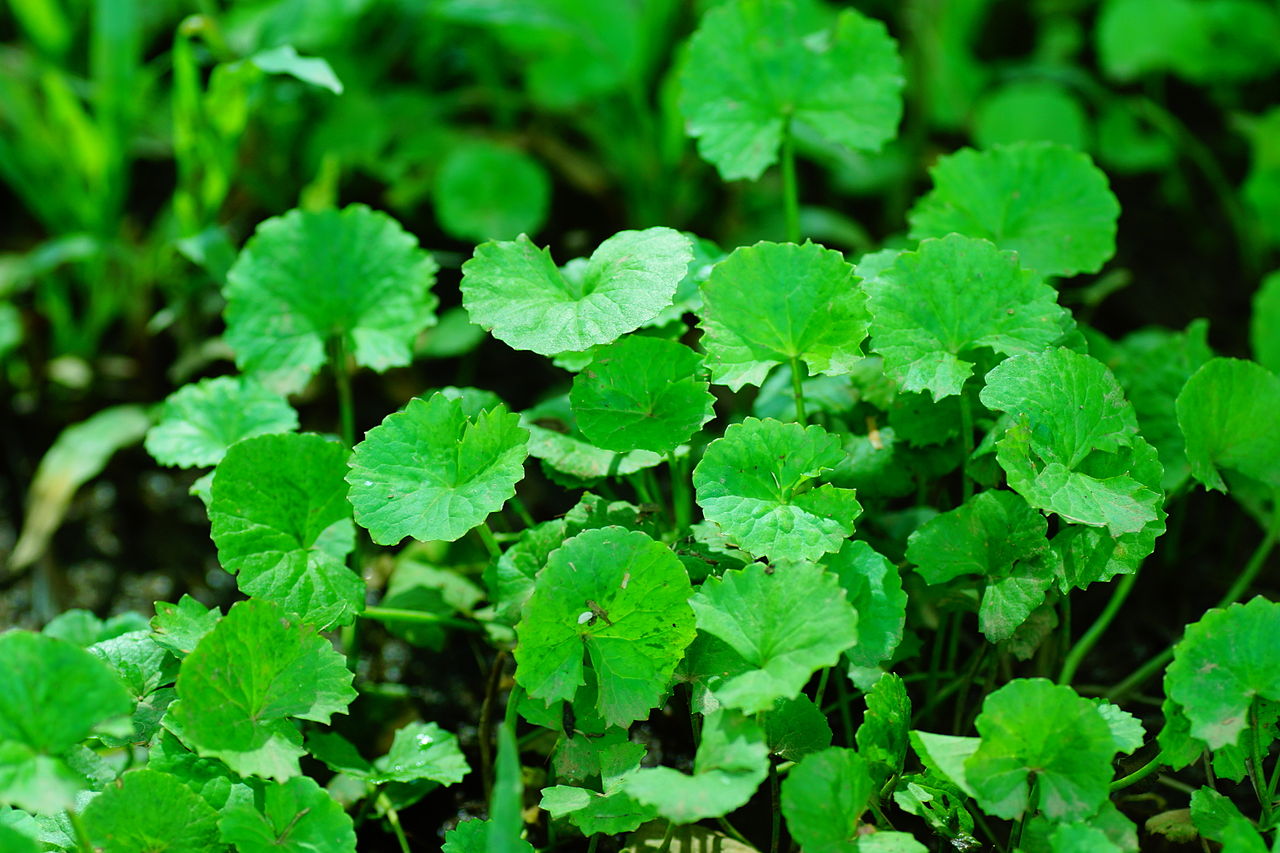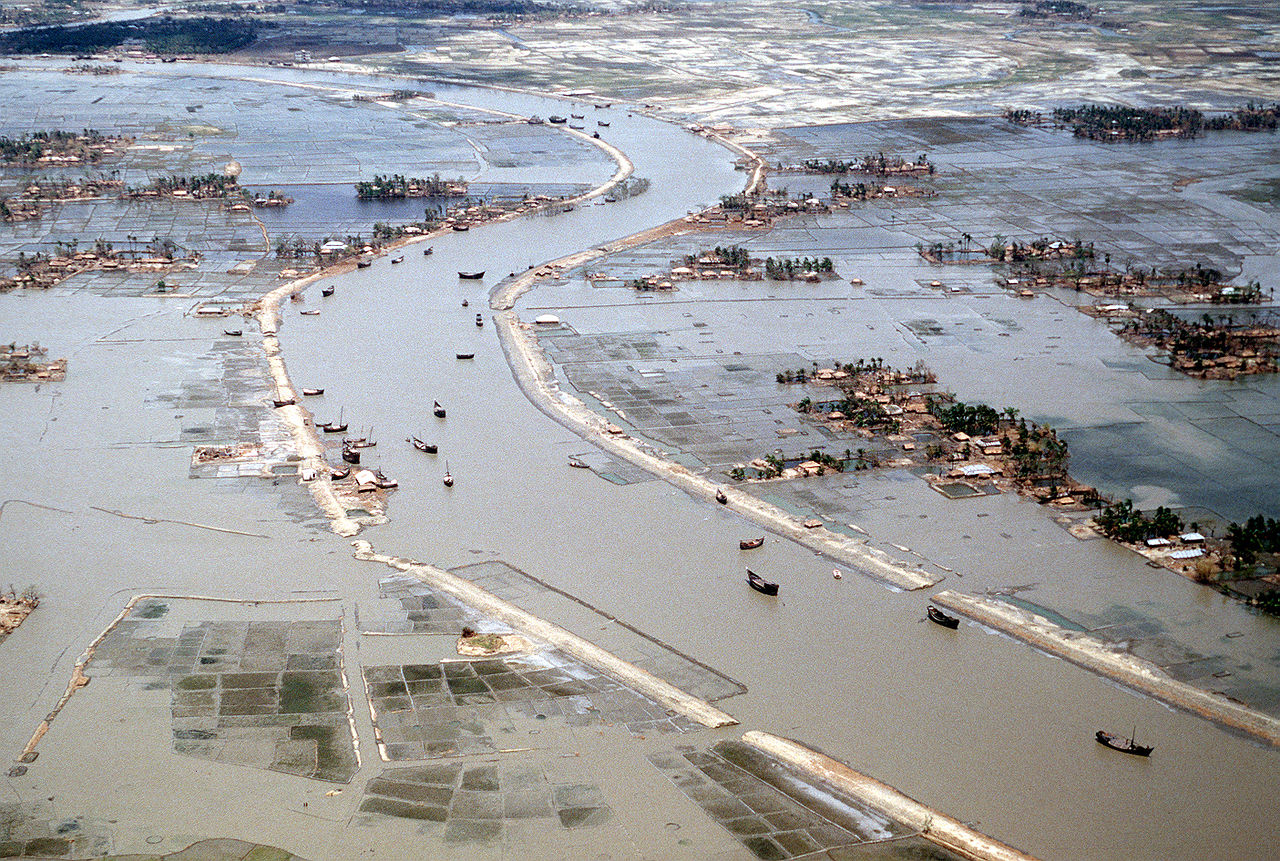 January 14, 2022
January 14, 2022
 January 14, 2022
January 14, 2022
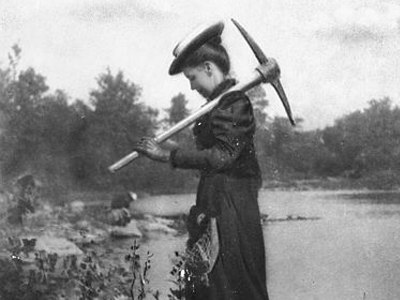 January 30, 2018
January 30, 2018
Closing the gender gap in STEM
Read More...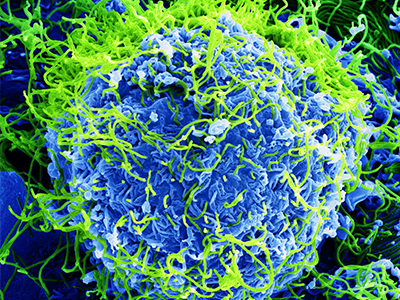 January 26, 2018
January 26, 2018
Presenting the winners of the U.S. Wiki Science Competition
Read More...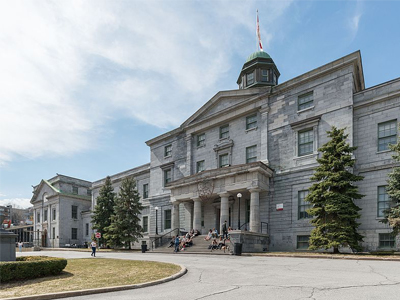 January 2, 2018
January 2, 2018
Everyone has a voice…
Read More... September 11, 2017
September 11, 2017
Roundup: African Archaeology
Read More...Engaging students in interdisciplinary science communication
Read More...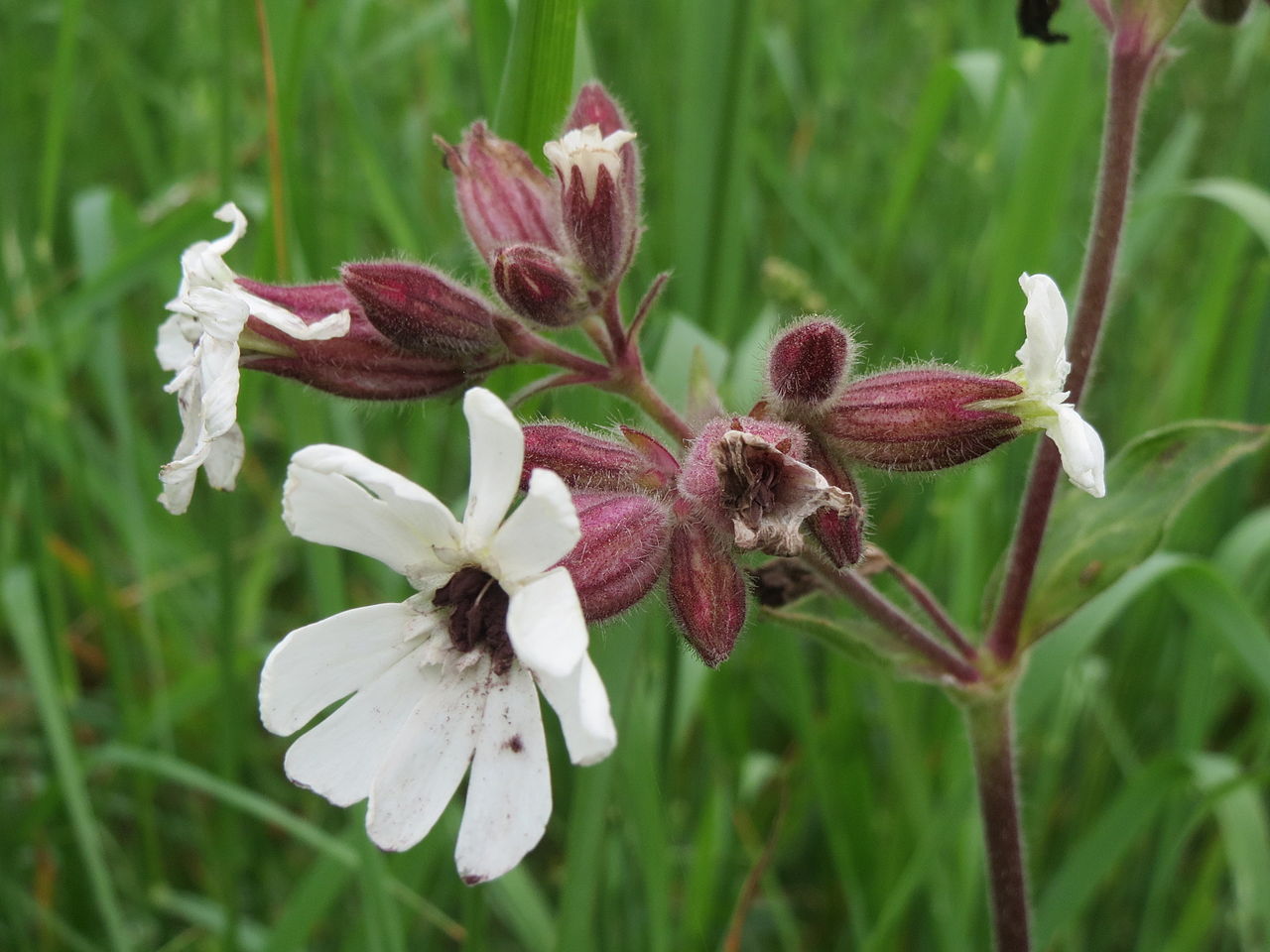 June 21, 2017
June 21, 2017
